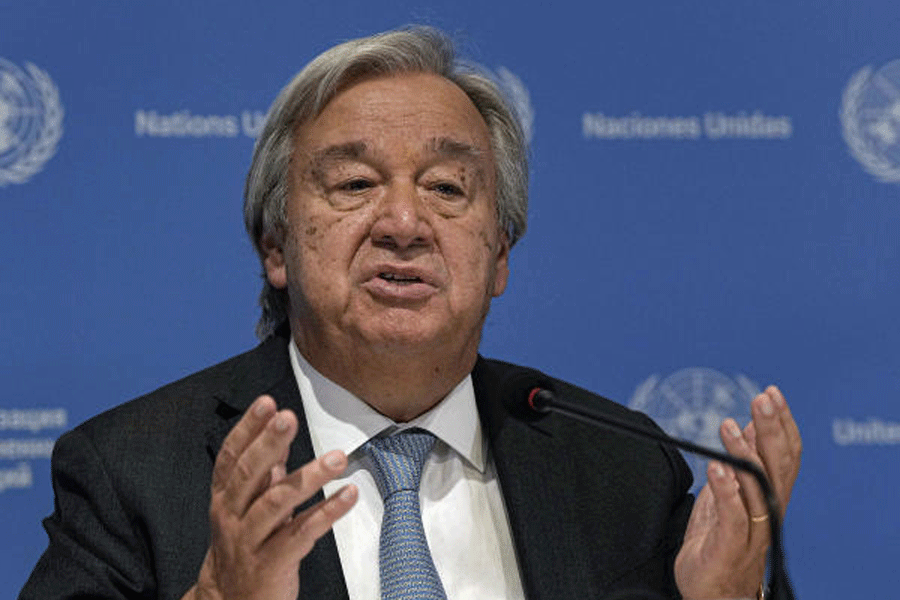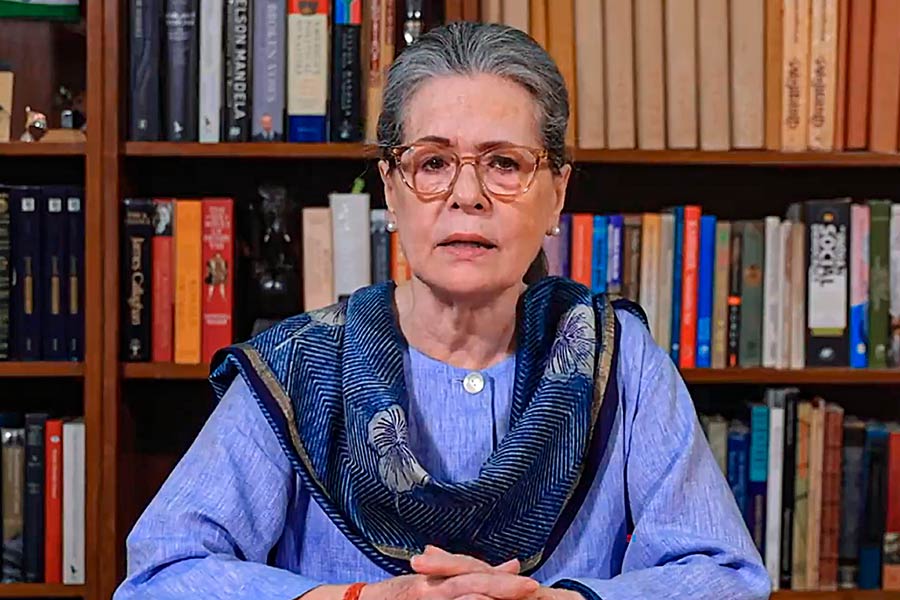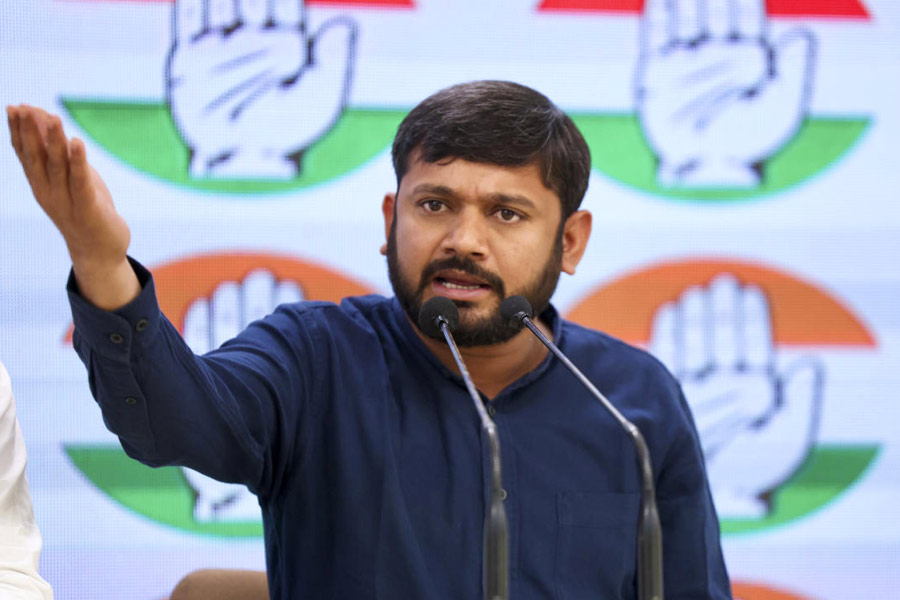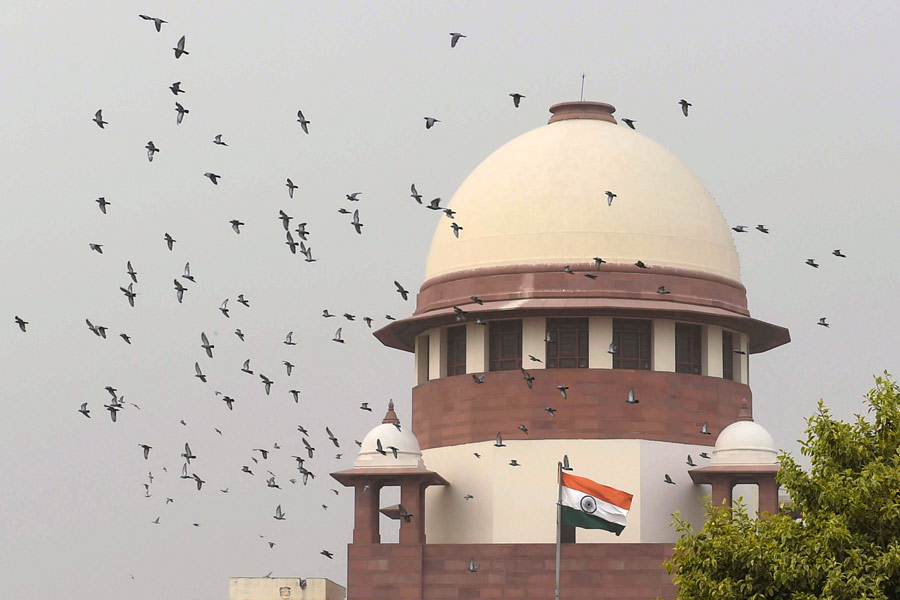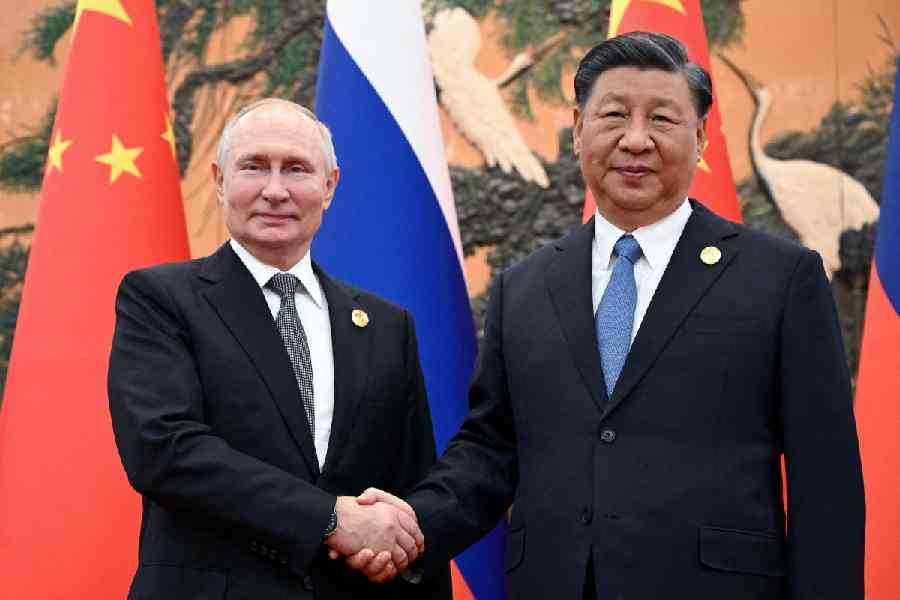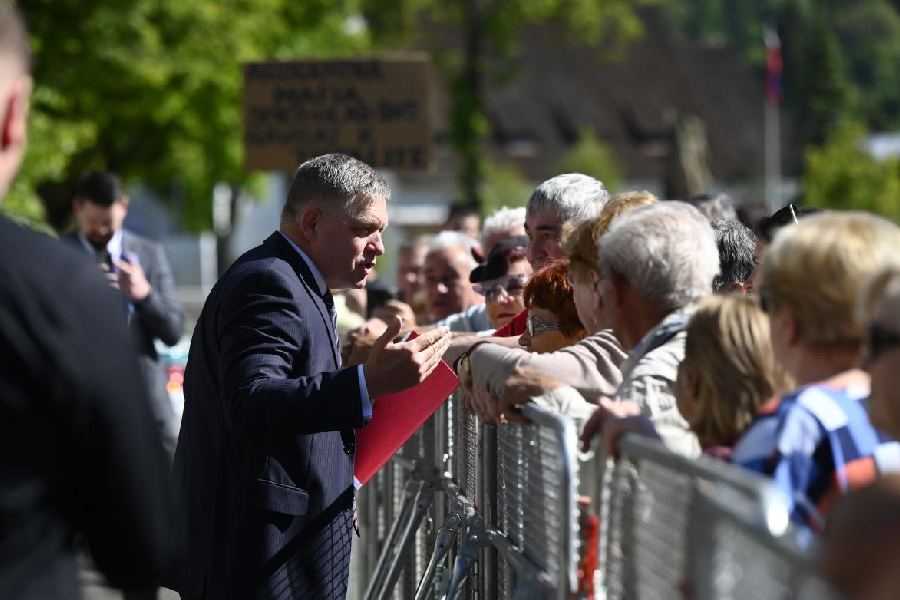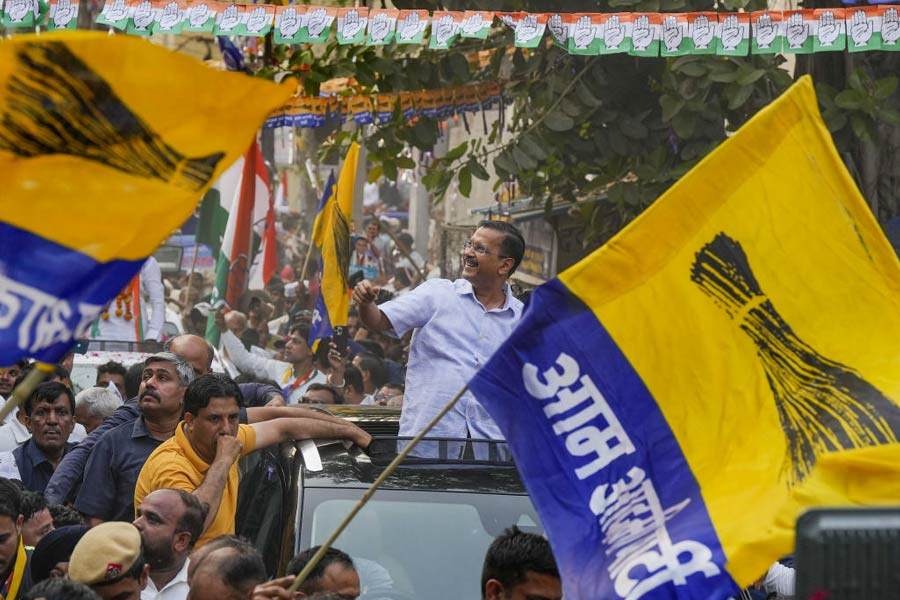The G20 meet is seeking consensus on the reform of multilateral development banks (MDBs) such as the IMF and World Bank.
India and the UN are supporting reforms, though the US is in favour of raising the ability of MDBs to give more loans.
India is hopeful the global leaders will take up the suggestions made by a high-level expert group on reforms.
Economic affairs secretary Ajay Seth said there has been a “very rich discussion on reforming Multilateral Development Banks”.
“We are highly hopeful that the discourse over the last nine months will get a positive consideration from the leaders.”
UN secretary-general Antonio Guterres was strident on reforms: “The global financial architecture is outdated and unfair. It requires deep structural reforms and the same can be said about UN Security Council.”
US treasury secretary Janet Yellen, however, is opposed to any change in the shareholding structure of institutions. She told reporters she will work to build support to increase lending resources for the IMF and the World Bank.
She said she will advocate for an “equi-proportional” increase in IMF quota funds paid by member countries, which would increase IMF’s lending resources, but not immediately change its shareholding structure.
Trade analyst Biswajit Dhar said “there should be reform in multi-lateral lending agencies such as the World Bank with greater representation of emerging economies, reflecting the current global reality.”
An independent expert group has recommended a triple agenda on MDBs.
The chairman of the 15th Finance Commission, N.K. Singh, one of the convenors of the group had said MDBs have a critical role in the scaling up of official finance.
Pitch for digital wallets
The World Bank has supported a digital-led strategy not only for financial inclusion but also for health, education and other areas of sustainable growth.
It has pitched for a technology-led public infrastructure, adapting models developed by countries such as India, Singapore, and Brazil.
The World Bank released a report on Friday: “G20 policy recommendations for advancing financial inclusion and productivity gains through digital public infrastructure.”
The report champions the voluntary uptake of digital public infrastructure (DPI) to spur financial inclusion.
“The impact of DPI goes beyond inclusive finance — it can support health, education, and sustainability,” the report said.
During Covid-19, DPI-enabled emergency support directly to the digital wallets of those in need as well facilitating swift vaccine distribution.
“The India stack exemplifies this approach, combining digital ID, interoperable payments, a digital credentials ledger and account aggregation. In just six years, it has achieved a remarkable 80 per cent financial inclusion rate — a feat that would have taken nearly five decades without a DPI approach,” it said.
The report has cited Aadhaar, UPI and data-exchange platform Digilocker.

